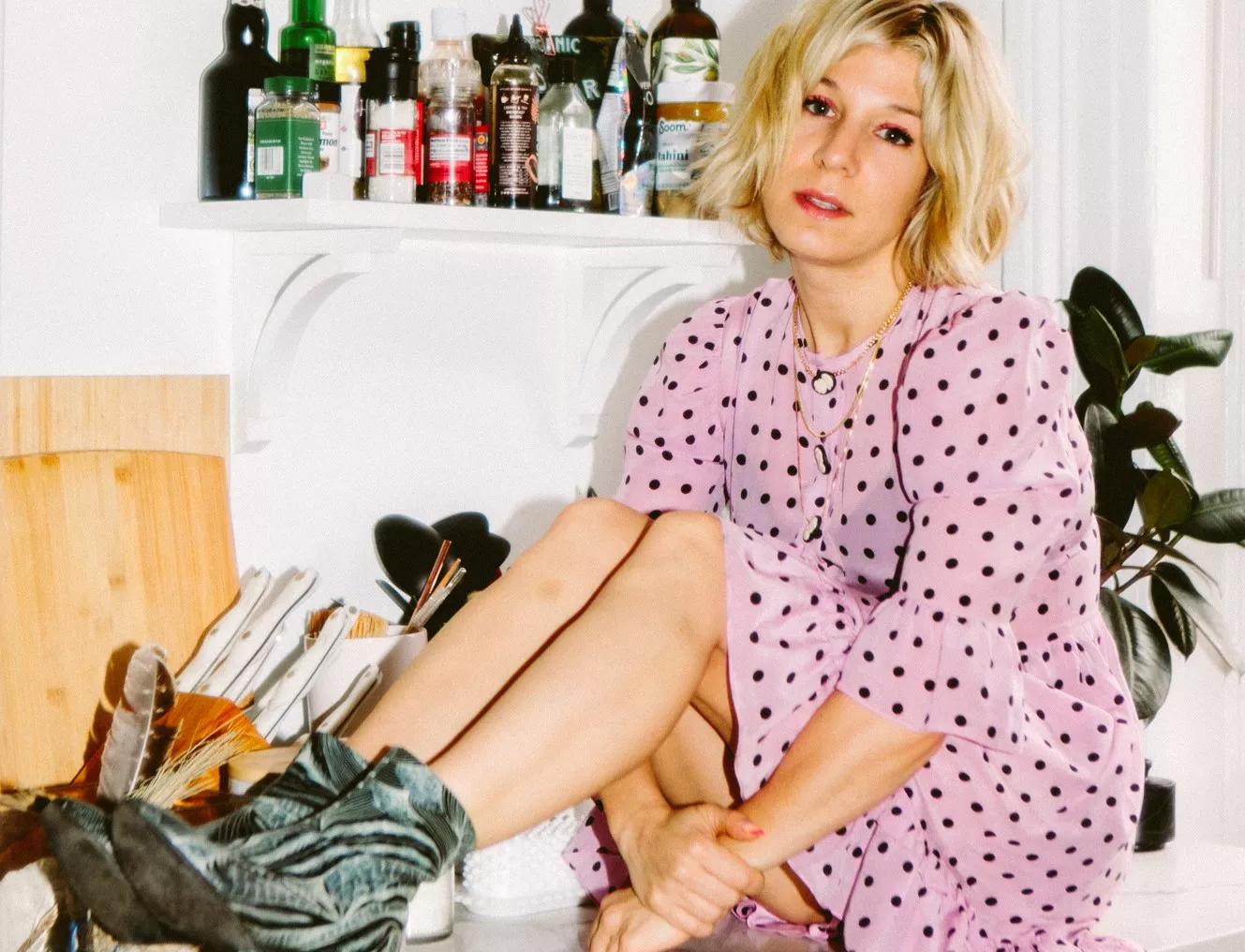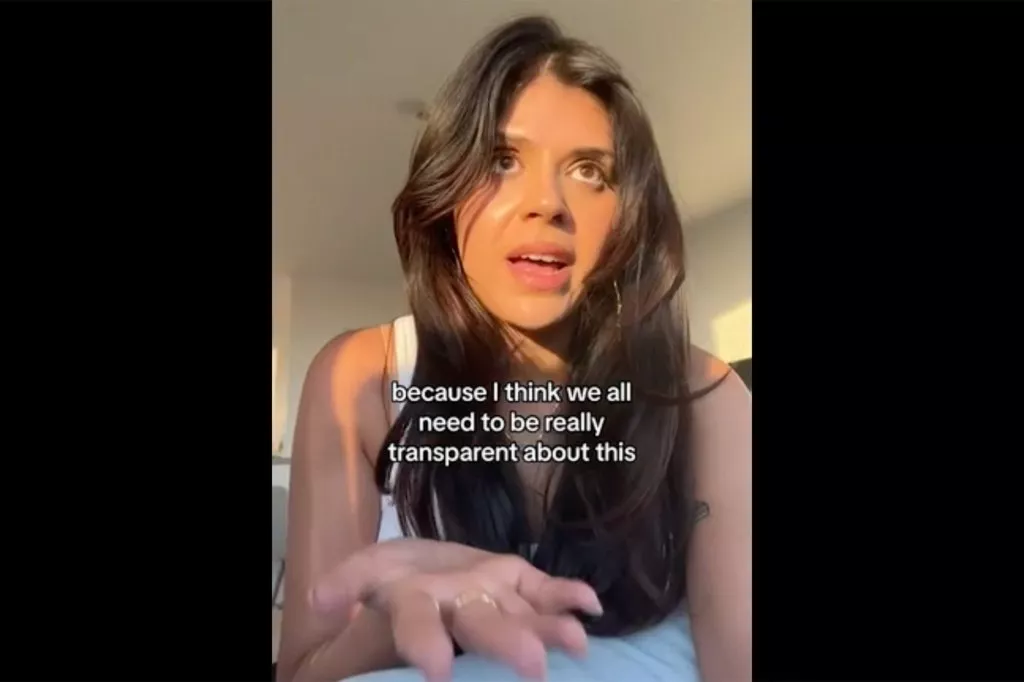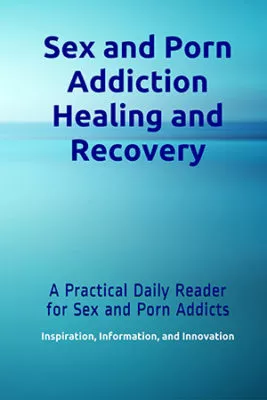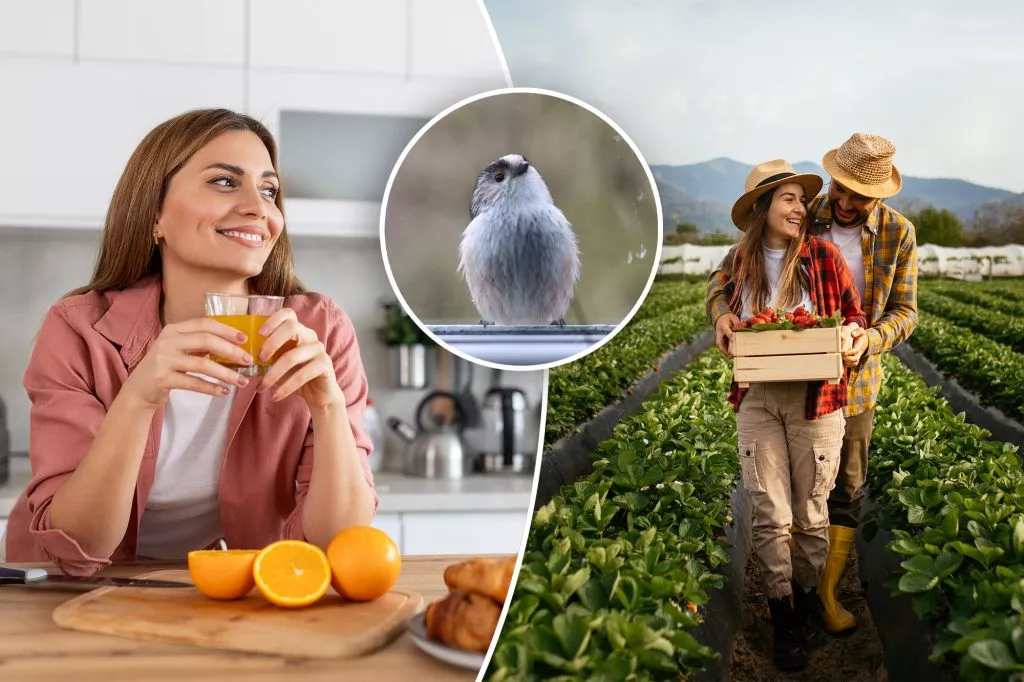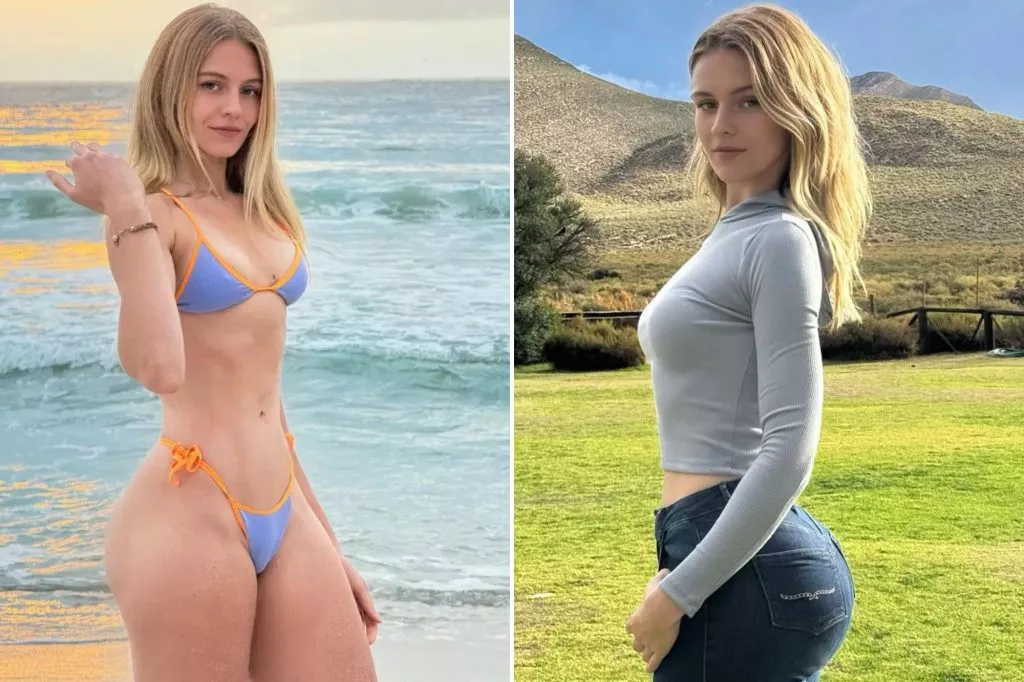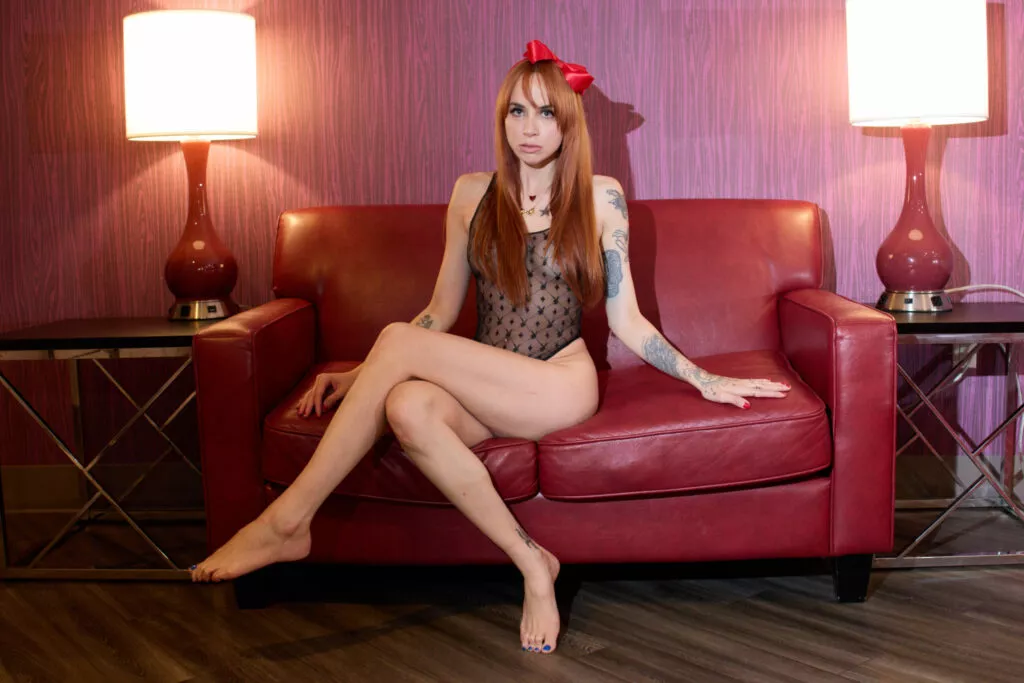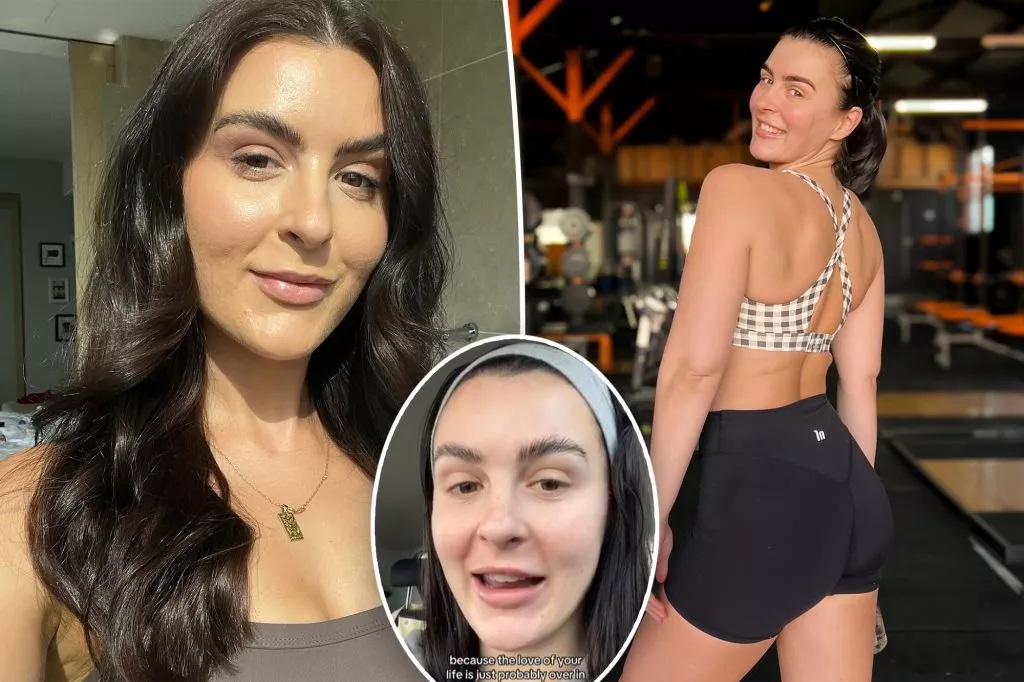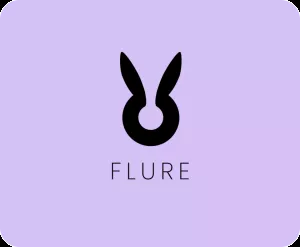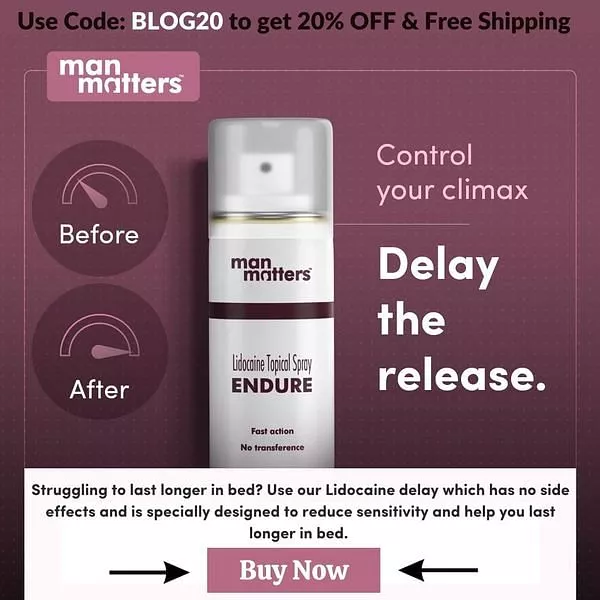Are you single, a little bit anxious, and exhausted with swiping on dating apps for hours at a time with no legitimate prospects? We’ve got great news for you: this week, Lorrae is joined by Allie Hoffman, creator of the IRL singles event ‘The Feels,’ and they chat all about dating app fatigue, difficulties of modern dating, and living our truth despite them.
Allie and Lorrae dive deep into the tough relationship stuff – the importance of cultivating the relationship you have with yourself, healing from relationship trauma, representing yourself accurately on popular dating apps to find deeper connection, dating strategies for more intimacy, and so much more.
They also take a look at the importance of removing the pressure of meeting the “love of your life”, feeling the freedom to let new connections simply be what they are, and asking the real questions (and listening to the answer) while sitting across from your latest prospect.
The dating pros make us excited about dating again, emphasizing the importance of listening to yourself and what you deserve in a relationship.

Why Dating Apps are Dooming Your Chances for Connection
Lorrae: So I want to dive right in and talk about your event. It’s a mindful singles event that you host where you skip the small talk of traditional dating and really encourage people to create these more meaningful, deep connections that are mindful and have techniques and skills to really be more vulnerable and intimate.
I would love to hear first just what you are noticing in the modern dating world and Western culture that felt like it was changing that experience of dating.
Allie: I’ve spent a lot of my dating years on apps. And I can speak from my own personal experience, and there’s data to back this up, that the app experience has very much deteriorated. 80% of us that are using them are feeling really fatigued. And we’re also learning more and more that they’re really messing with our brain chemicals.
They’re taking us on the high of a match and the excitement and the feeling of, “Oh, possibilities, wow, wow, wow,” into a reality where there’s not enough synaptic tissue holding these connections together. So they disintegrate into us feeling really let down, depleted, not enough, ashamed, sad, and then going back to the apps to get that high again.
This cycle is addictive. This cycle is unhealthy. And the cycle is creating a landscape where it is normal that we treat each other like shit. It’s normal that we ghost each other. It’s normal that we breadcrumb each other. It’s normal that we gaslight each other.
To put this into even more context, 20 plus years ago, Robert Putnam wrote this book called Bowling Alone, in which he observed that in the breakdown of a lot of the traditional ways that we gathered and socialized, we were going to remake the face of society.
We’re not meeting up at church anymore. We’re not going to Rotary. We’re not going to Lions Club or any of these social systems that our parents and our grandparents had. They’ve been replaced by screens and what we’re seeing now is we’re more depressed. We’re more lonely. We’re more anxious. We’re having less sex. We’re getting out less. We are less alive as humans as a result.
Dating apps are really at the epicenter of what’s broken. And dating apps are especially broken because I don’t know if the average consumer understands this, but it’s not just that dating apps are private or corporate held entities where they want you to use their app. Like, no, this is a hegemonic power that’s holding Tinder and Hinge and OkCupid and Kettle of Fish and a bunch of other smaller brands. And so this one entity is totally profit-driven and they do not actually care if we’re getting off and we’re making matches. They care that they’re making money.
And the way that they make money is to keep us on the app, to keep us swiping, to keep us paying for subscriptions, to keep us not connecting and to keep us essentially mistreating each other. And so that is the ecosystem that The Feels was created in.
Lorrae: I really am so grateful for you to explain the science and the structure behind that because I know for me, I find dating apps so draining.
I met my most recent partner on a dating app and I was being really mindful as I was swiping too. I wanted a real connection and out of maybe like the 250 people that I matched with in a very short amount of time, there was literally only one person that I felt like I had a real conversation with. Had I been in, let’s say, a traditional dating scenario way back in the day and talked to 250 people, I’m sure I would have had a decent conversation with like 25 people. You get in a room full of people and you do connect on so much more than you’re able to connect with on a dating app.
It’s been draining and frustrating for me on dating apps because so much leads to nowhere and then it does become very gamified where it feels like you’re just on and endlessly swiping and hoping and whatever and nothing ever really leads to anything. We have this perception that everything could lead to something and some people are like well there’s just my next match around the corner, that’s gonna be the perfect one.
But so few people are even putting in the effort to have a profile that explains who they are. I have a very detailed profile, but very few people take the effort to say, “Wow, you have all these cool interests, let me comment on them.” So in my mind, as somebody that does dating coaching, I’ve been like, “Okay, if you’re on these dating apps, ask people about their interests and hobbies, make sure that you’re expressing yours, find these common ways to connect.”
Then research came out that 60 or 70% of people in dating apps aren’t even interested in having a connection. They’re just browsing or they’re in a relationship or they’re looking to exit a relationship and they’re just window shopping to feel fulfilled. It almost feels like we’re screaming into a void to try to connect and that there has to be a better way.
Allie: I think the better way is the simple way, which is that we go back out into the world and we find each other again in all the spaces that we used to be. We’re not going to the office as much anymore. We can get entire degrees online. We’re not going to spaces where we’re worshiping in the same way anymore.
I think that the invitation to all of us is to get really excited about what we’re interested in and what’s drawing our attention and then go out into the world and go be amongst the people who also are interested and excited about those things.
Do you love this band and do you want to spend time listening to them live? Do you love throwing pottery and do you want to go find all the other people that love throwing pottery too? Did you play soccer in grade school and want to get back into it and want to go find a group that meets after work on Tuesdays and go do that?
These are all really important ways that we can re-socialize ourselves and really get back out into the world.
Lorrae: I really love that because I’ve made some of my most meaningful and deep connections at music events, music festivals, concerts. Finding that community that has a similar vibe and resonates with who you are, what you like to do, I think is just so important.


What to Ask on a First Date
Lorrae: I love that your events are providing this space for people who want to be more mindful in dating to have techniques and skills to foster those more meaningful connections, not just in the events themselves but to take those skills out into the world. I’d love to hear some more about the philosophy behind the events and some of the techniques and skills that you’re supporting people with.
Allie: I got a master’s at 37 and The Feels got built while I was studying with primarily a bunch of Jungians, people that had been in the work of Carl Jung for large portions of their career, plus people that had studied with Martin Seligman at UPenn and done a lot of work in the positive psychology space. Plus I got to go study across the street at UN Theological with a Buddhist monk and I got to be exposed to professors whose life’s work was focused on somatic awareness and somatic intelligence.
I took everything that they were teaching me, plus the fact that I’ve been in therapy since I was eight and have done a lot of weird and interesting things around healing and put it all together in The Feels. And so what the format does is it utilizes meditation to ground nervous systems through all that “Oh, I’m so anxious. Am I going to get chosen?” And then we pair people off four times.
We put them in the first pair and then they choose each other after that. And in each pair, there’s a prompt and the prompt might be like “What’s something that you are grateful to have learned from your parents and something you’ve had to unlearn from your parents?” So the prompts are really designed to get past that first layer of shine and sheen and into who you really are as a human. And then there’s time to positively reflect on each other.
That pulls from the work of Marshall Rosenberg and nonviolent communication and how important it is to reflect, to show that we heard, to shine someone’s light back on them through the lens of appreciation.
And then there’s a somatic element and that might be an eye gaze. It might be a long held hug. And the idea there is that our bodies hold infinite ancient wisdom. And we can get so in our heads when it comes to dating around questions like, “Well, does he make enough money? Does he have a good job? Do his friends like my friends? Do my friends like his friends? Where in the city does he live?”
Whatever those questions might sound like in one’s head. And yet what actually matters is how it feels to be in connection with this person. Does this person make eye contact in a way that feels good to me? When our breath is synced, do we feel connected? Does this person feel like they’re really paying attention to me and present for me? And that actually is much more valuable information about whether we want to connect.
So The Feels, we say it’s a toolkit for better relating. We don’t sell The Feels as a come to this event, meet the love of your life. A because that puts an enormous amount of pressure on people. B, it distorts reality. And C, it’s not actually about that. It’s about this ecosystem we’re in where bad behavior is rampant and that there is a collective call to treat each other better.
And that comes in the form of learning how we ask each other thoughtful questions. How do we compliment each other? How do we shine our light back on each other? How do we stay really present for each other? How do we show another being that we’re paying attention to them? How do we stop and breathe with them? So those are all the experiences that The Feels brings into one evening.


Lorrae: That’s really beautiful. I think that it’s so important to listen to our bodies. I know when I’ve gotten into some of my worst relationships when I was overriding a lot of my body signals by saying, “All right, maybe I feel uncomfortable or they said something that was a little off and this is a little red flag, but they’re so cute and I’m so interested and I have the butterflies and we’re having these adventures.”
I was overriding my body’s cues from really listening and really observing because I was kind of getting swept away by that emotion. And even though I really value those deeper conversations, I know I often get blinded. Having these tools to understand, okay, “Let me really tap into my own intuition so that I stop overriding it and also get more mindful about what types of questions I’m asking rather than just trauma dumping my story and you trauma dumping your story, but get a little bit more into like, all right, have you actually like worked through this?”
You ask the questions around that to understand if people even have the skills to be in a relationship with you. Are they a good communicator with their family and friends and in conflict and can they resolve things? Do you respect how they handle the business of their life?
All of these things are so meaningful. And I know I personally get swept away by excitement.
I would love to hear some of the questions that you recommend people ask one another and themselves for folks who maybe can’t make it to the events to start applying these to their own lives.
Allie: One of my favorite questions when you’re arriving to a first or second date and you’re in that initial period when you want to share a highlight and low light from each other’s weeks. And I find that really carries you into the next phase of conversation because inevitably somebody’s gonna say something where you’re like, “Oh, that’s interesting. And you know, and you can just kind of fly from there.
I really like questions. What’s something that you’re grateful to have learned about your sexuality in the last three to six months? Where are you currently finding joy? And I like to think there’s something really powerful about the way we frame these questions.
Something I like to do is, and it might sound gimmicky, but it’s effective, which is to say something like, “Hey, I’ve got a desire to ask you a question that might call forth some depth. Are you okay with that?” So that you’re not just like, “So would you say that when you were a child, you had some trauma?” Soften it out a little, you know?
And then my number one go-to is always closing out with a compliment. Last night, as the conversation was coming to an end, and it could be that we never talk again because he is polyamorous and I’m not, and instead of letting it be sad or longing or like perpetuating the drama, how about we close with a compliment? How about we just lob kindness back and forth between each other? And that felt like such a nice end. So my number one is compliments.
And the other one I will say that I’ve used is I’ve been hooking up with somebody where the energy’s just been off. We couldn’t really find each other and I’ve literally stopped what was happening and been like, “Hey, can we take a pause? Can we take three, separate bodies a bit and take three breaths?” And then I may or may not also ask them to eye gaze, and just something to like completely reset the energy.
Lorrae: I feel like even people that are already in relationships can be using these tools to enhance their connection. You have a monogamous version of The Feels and a polyamorous version, but even existing couples can be benefiting from these tools. Do you find that you have a really diverse array of people that are coming through and applying to these?
Allie: Yeah, we do. I feel like it’s less representative of how do we have all the choice in the world? How do we optimize everything? How do we rebel against our parents? We’re in a time when people are building a more empowered, dynamic, complex, nuanced, aware dialogue with themselves about who they are, what they want, how they want to live, how they want to show up as a human, how they want to feel the most alive.
Then that feeds this exploration of what it means to be in different relationship types, which I super duper support the exploration. As a 40-year-old, single woman, I don’t feel called to be in a poly dynamic, but I really celebrate it as a choice for people who are doing it really thoughtfully and ethically and consensually and communicatively.


Healing Sexual Trauma with Sex Toys
Lorrae: Your most read substack piece of all time was about having an orgasm every day for two months. You talk about incorporating toys and porn. I would love to hear what that experience was. It sounded like an awesome experiment to really see how you can invite that in.
Allie: So I’ve written about this too, but I contracted HSV like 12 years ago through a non-consensual, dark sexual moment with somebody.
It was really one of those darkest, darkest, lowest, low kind of moments. And the truth was the virus had gone really dormant in my body. And so after that initial flare up I didn’t really have to think about it or feel the experience of it very much.
Then, when The Feels was building more and more momentum, my body was stressed. My body was really run down and really stressed and I had this mini flare up. And that was in August of last year. And I watched as my body, like my whole being, my entire sexuality, just shut down.
I felt dirty. I felt ashamed. I felt scared. I felt upset. I felt disgusting. I felt horrible. And it really shut down. It was a really shut down moment.
So fast forward to November. I don’t think I really masturbated much that whole time. There were no partners. And I’m at this dinner, and a girlfriend of mine who does a lot of work in the pleasure and empowerment space asked us at this female empowerment dinner, “If your pussy could say anything to you, what would she say?” And mine would have said something like, “Why have you neglected me? Why did you shut this down like this?”
And so I got really curious about what it meant to bring that energy back to life and and to really counter the shame and to counter the story that I was dirty. Even just realizing that I was telling you the story on the podcast. I was like, “Oh my God, am I really bringing that story forward?”
There’s so much deep shame around this stuff, yet it affects so many of us whether it’s HPV or HSV or any of the other STDs that are more common or it’s something like exceptionally painful periods or any number of things.
We’re so quick to be like, “Oh, I shouldn’t talk about what my body’s doing. I shouldn’t talk about this thing. I’m just gonna feel really alone in this thing.” These are really human experiences we’re having.
And so I got really curious about what it meant to combat all the shame. And to me, that meant having an orgasm every day for two months straight off of not really having many at all. And so what I found was that it gave me an energy back, like a baseline. It gave me more energy, period.
But then it also gave me a flirt. It was this thing that I could start moving with and calling forward and moving through my body. I would watch as I could move it around on the subway.
I talked to my friend, Janna who does a lot of leading sex and relationship work. And she said, it’s our power. And I was like, “Yes, yes, it is. It is our power.” And so that was another wonderful thing to wake back up to. And I do think whenever we give our body pleasure, it’s a practice, it’s a rebellion, it’s a liberation, it’s so critical.
There was something so important for my body to experience. I am beautiful, I am strong, I am deserving, I am capable of holding all this pleasure.
And I know you talk about toys and porn. I did too in the piece. I was really unabashed about using the toy constantly. I’ve thought should I be using my hands? Am I going to desensitize? Iis this like the lazy person’s out? But at the same time, the toy was great as a tool for pleasure. And then, with porn, I get so excited to discover like, what does turn me on?
Lorrae: I also went through navigating a loss of libido and feeling really shut down. And it felt really hard to welcome any pleasure into my body. And I went through it twice at two different periods of my life where I just felt completely separate from even wanting to connect with myself, let alone somebody else. Sometimes I felt that I was unworthy of even experiencing pleasure.
Without forcing myself to do something that I didn’t want to do, using toys actually became a bridge that I was able to use something and feel not as connected to it as I did with my own hand. It gave me that distance to be able to have pleasure without feeling like I had to orchestrate the whole thing and be touching myself and that it takes so much longer.
Having that quick orgasm, it felt like it started to rebuild some of those wires in my mind and start to regrow those neural pathways because so much of it had become empty.
We’ve talked about toys and I’ve talked about on this podcast before, my favorite toy Magic Wand is my go-to. When I didn’t even know what an orgasm was, I was able to have an orgasm with that and then when I felt so shut out from my body and like I couldn’t even get there anymore, it didn’t even matter how, I was still able to get there most of the time with that.
Sometimes I still can’t if I’m on a medication that’s preventing me from being able to climax or if I’m just so stressed and overwhelmed or worked up or whatever – you’re not gonna have an orgasm every time, but for me personally, having something that was powerful really helped me get there and helped me get out of my head and into my body in a way that, if I was using my hands or if I was feeling like I had to really work for it, that I would get distracted and anxious and maybe think more about my trauma and feel really sad.
This is just a way to shoot me to the moon and move forward and start to create that sense of myself again as a sexual being. And everybody is welcome to do it their own way, but I just wanted to share that there’s really no right way and wrong way. And so often we think that healing is this beautiful process, of course you’re gonna cry but you almost should be crying in the candlelit room wearing a dress from a beautiful silk shop or something. For me it’s not – my healing comes in sweatpants and with ice cream and with a vibrator and trashy reality TV and that is totally fine too.
Allie: I couldn’t agree more. And I think anyone who tries to sell anything, that’s like “If you just buy our $600 program, you too will have the best relationship ever with your pussy and your power and your enlightenment and your husband” – it’s bullshit.
We’re all fumbling in the dark. We are all throwing spaghetti at the wall, even the people making millions of dollars telling other people how to be are throwing spaghetti at the wall. There’s no one size fits all and there’s no set script.


Allie Hoffman and Lorrae Bradbury side by side.
Listen to the Full Episode
On Spotify, Apple Podcasts, or on your favorite podcast platform. New episodes released every week!
To support the podcast, please subscribe and leave a 5-star review on Spotify and Apple Podcasts, so we can reach more pleasure-seekers and empower exploration and embodiment!
You can also share this episode and tag @sluttygrlprobs on Instagram. It helps so much!
Episode Resources
Get my favorite vibrator, the Magic Wand Rechargeable and the Magic Wand Mini! You can also get the authentic Magic Wand Original – available at my favorite sex-positive shop.
Follow Lorrae:
Resources:
Connect with our guest Allie Hoffman via Instagram | Substack
Check out The Feels on Instagram
Find ‘The Feels’ events near you:


 Anal Beads
Anal Beads Anal Vibrators
Anal Vibrators Butt Plugs
Butt Plugs Prostate Massagers
Prostate Massagers
 Alien Dildos
Alien Dildos Realistic Dildos
Realistic Dildos
 Kegel Exercisers & Balls
Kegel Exercisers & Balls Classic Vibrating Eggs
Classic Vibrating Eggs Remote Vibrating Eggs
Remote Vibrating Eggs Vibrating Bullets
Vibrating Bullets
 Bullet Vibrators
Bullet Vibrators Classic Vibrators
Classic Vibrators Clitoral Vibrators
Clitoral Vibrators G-Spot Vibrators
G-Spot Vibrators Massage Wand Vibrators
Massage Wand Vibrators Rabbit Vibrators
Rabbit Vibrators Remote Vibrators
Remote Vibrators
 Pocket Stroker & Pussy Masturbators
Pocket Stroker & Pussy Masturbators Vibrating Masturbators
Vibrating Masturbators
 Cock Rings
Cock Rings Penis Pumps
Penis Pumps
 Wearable Vibrators
Wearable Vibrators Blindfolds, Masks & Gags
Blindfolds, Masks & Gags Bondage Kits
Bondage Kits Bondage Wear & Fetish Clothing
Bondage Wear & Fetish Clothing Restraints & Handcuffs
Restraints & Handcuffs Sex Swings
Sex Swings Ticklers, Paddles & Whips
Ticklers, Paddles & Whips






